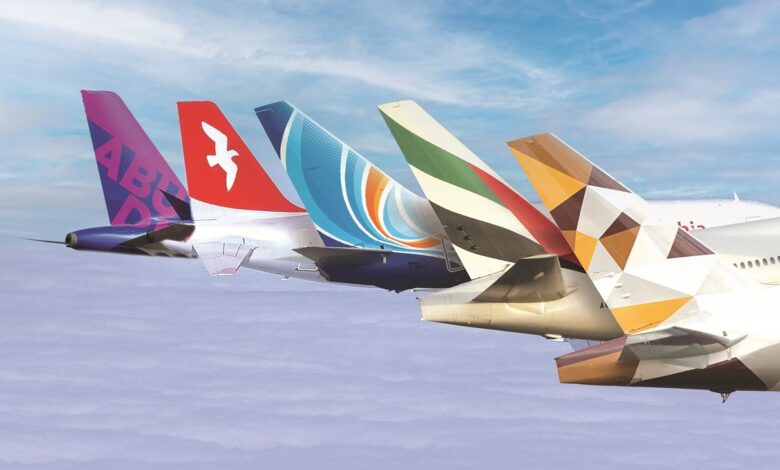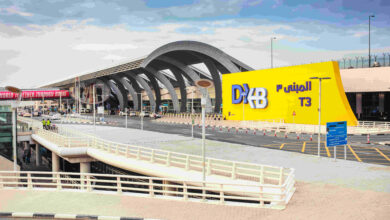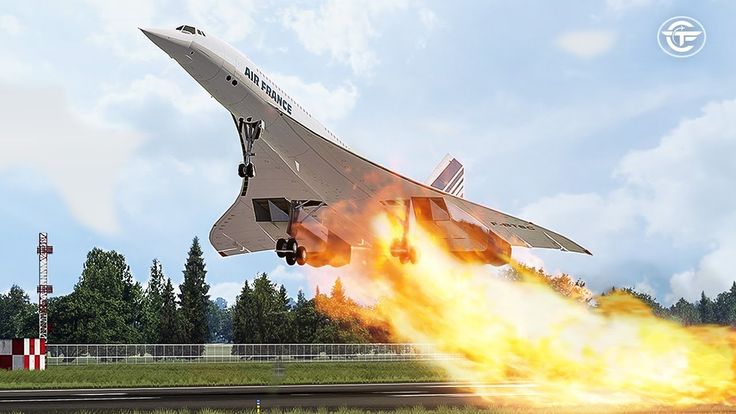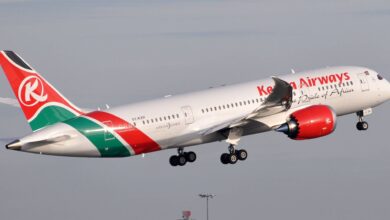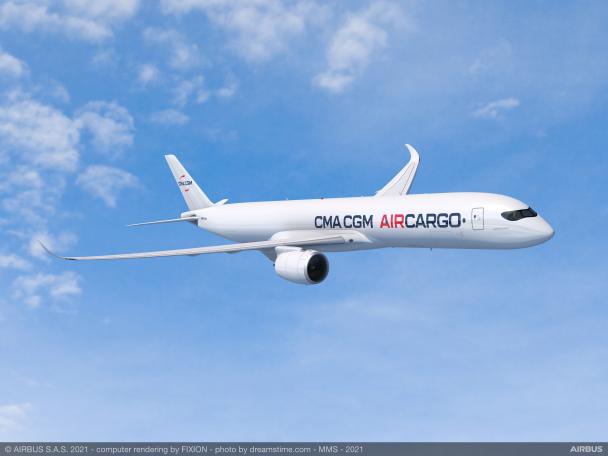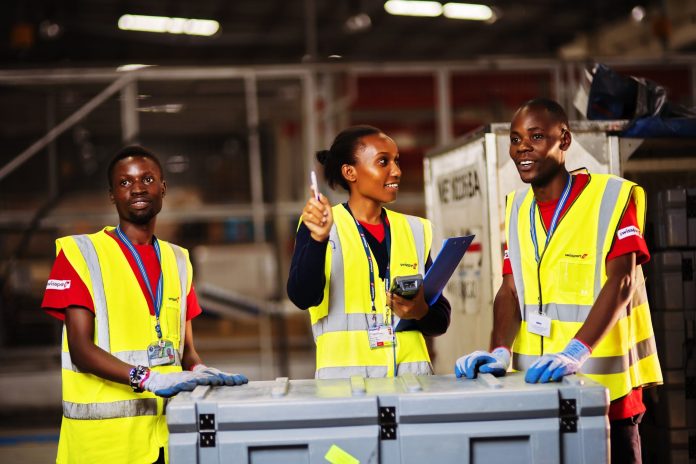IATA Highlights Aviation’s Substantial Economic Impact in the UAE
The International Air Transport Association (IATA) released a study quantifying the substantial value that aviation (including aviation-related tourism) generated for the United Arab Emirates (UAE) in terms of jobs and economic activity in 2023 as:
- USD 92 billion, contributing 18.2% to GDP (total impact including wider supply chain, employee spending, and tourism activities)
- 992,000 jobs (total impact including wider supply chain, employee spending, and tourism activities)
- 74,500 employed directly by airlines, with a further 132,300 employed elsewhere in aviation and 297,300 employed in aviation-related tourism.
- 1 million tons of air cargo handled in 2023
“The UAE is a critical hub for global connectivity. And the benefits of its super connector role brings trade, tourism, investment, and jobs to the UAE. The leadership of the UAE has a strategic vision for aviation, supported by smart regulation and investment in world-class infrastructure. Supporting nearly a million jobs and 18.2% of GDP, aviation makes an enormous contribution to the UAE’s prosperity—both culturally and economically. And we can be confident that this contribution will strengthen as the UAE continues to facilitate opportunities for aviation to thrive,” said Willie Walsh, IATA’s Director General.
Key Priorities for the UAE
Building on its position as a global aviation leader, the UAE is well-placed to progress in three priority areas:
Sustainability: The UAE has been a leader in the development of Low Carbon Aviation Fuel (LCAF) and is targeting an annual production of 700 million liters of Sustainable Aviation Fuel (SAF) by 2030. IATA looks forward to the potential for even broader collaboration with the UAE, in pursuit of opportunities to advance progress towards aviation’s net zero carbon emissions by 2050 goal such as the recently launched SAF Registry (operated by CADO).
Infrastructure: As the UAE continues to invest in world class-infrastructure to meet future demand, particularly with the development of Al Maktoum International Airport (DWC) and Zayed International Airport (AUH), it is critical to work with industry to remain a cost competitive hub for airlines and passengers.
Workforce: The UAE is making significant investments in aviation training to ensure a skilled workforce to support growth opportunities. Maintaining a sustainable pipeline of aviation professionals will further strengthen the UAE’s status as a global aviation hub. As part of this effort, a new IATA training center was recently opened in Abu Dhabi, UAE.

